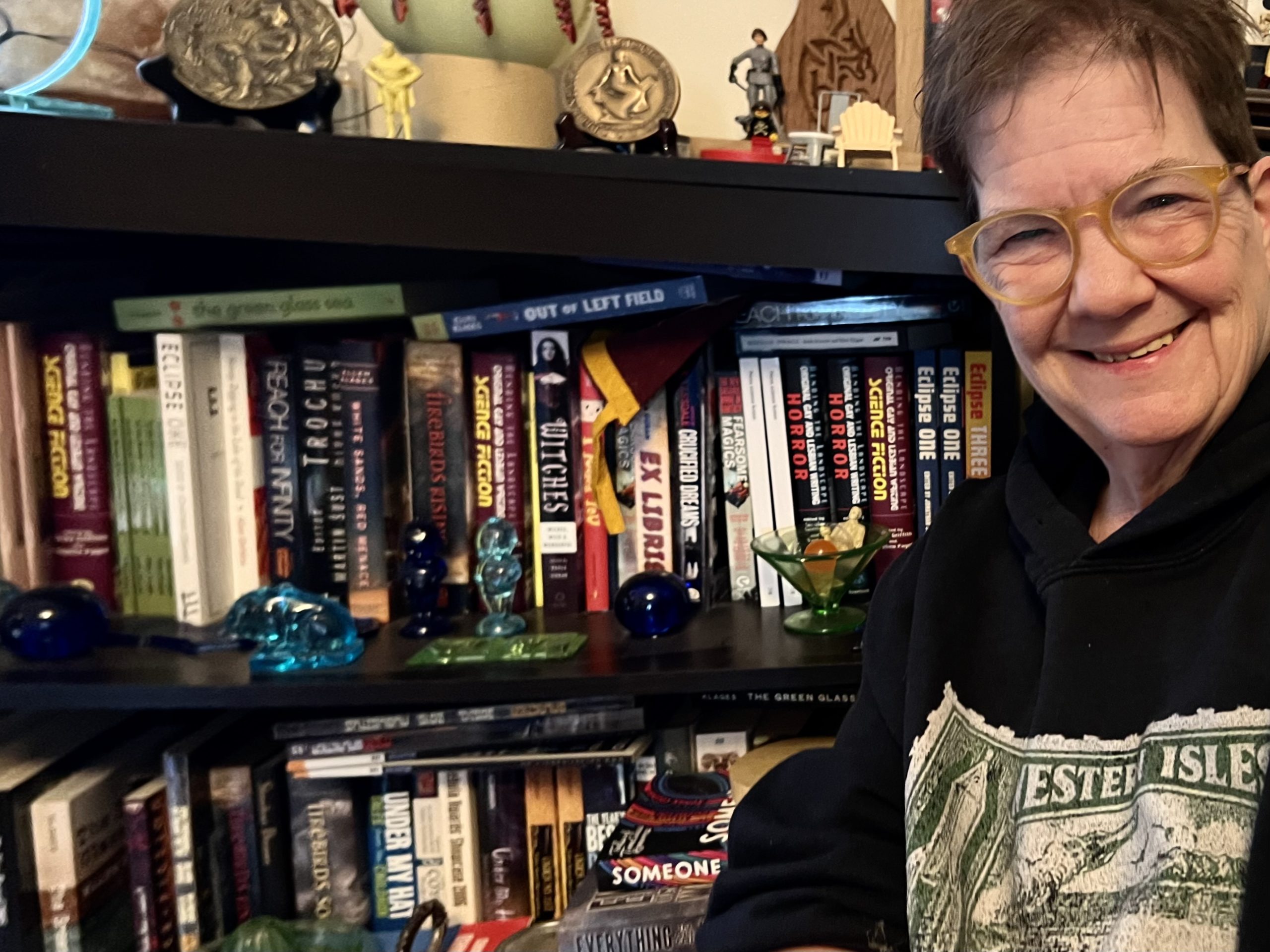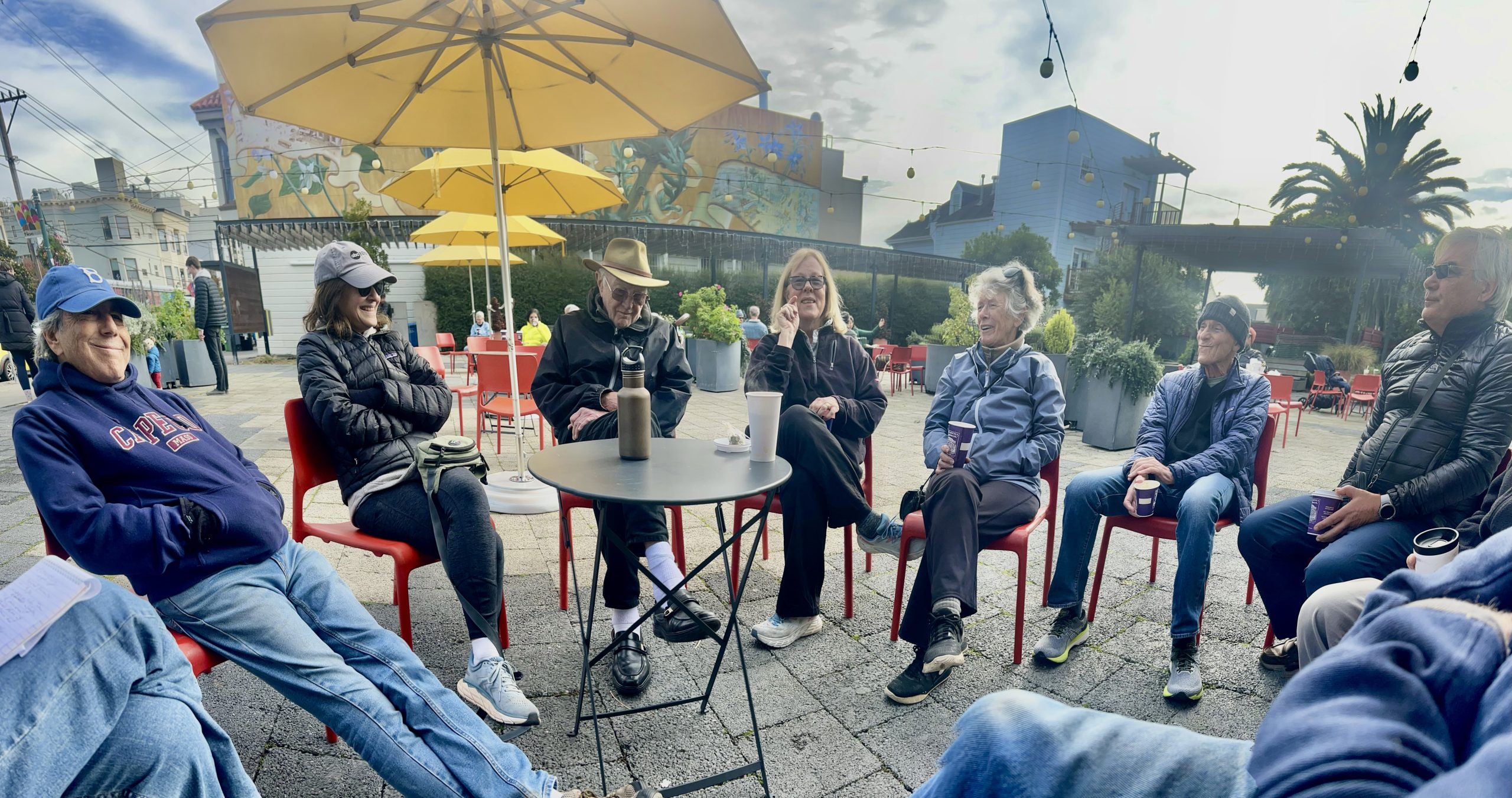Noted landlord for the down, out and addicted admits to a tough job but still worries she hasn’t done enough
The family’s money was tight, but Kathy Looper, then a teenager, headed to Union Square and a shopping trip to I. Magnin. She had three home-made dresses and was wearing the best one. “I thought I looked rich,” she said.
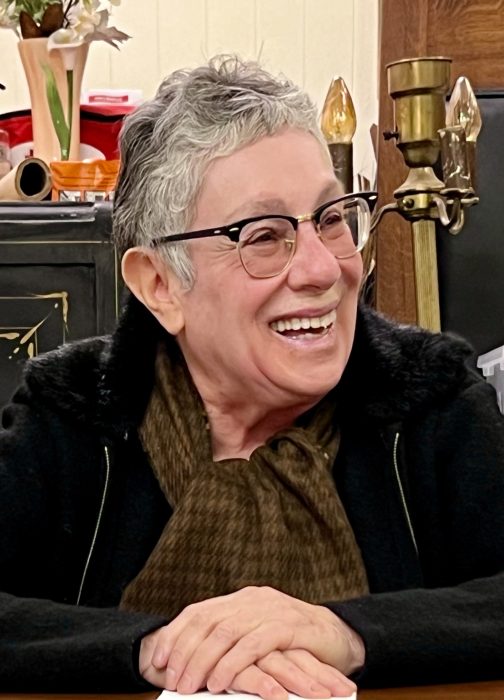
When she got to the ritzy store, a man standing by the entrance stopped her and asked for a handout. “His face was distorted, and he looked crippled, holding himself up with two canes,” she recalled. The request and the man’s terrible visage unsettled her and she fled. Nearly 60 years later, the memory still upsets her. “I feel like I have to make up for being so insensitive,” she said, dabbing away a few tears with a tissue.
Looper tends to be hard on herself – “I’m very self-critical” – but over the years she has built a life dedicated to social service: developing programs to aid addicts, the homeless, and the mentally ill. In partnership with her late husband, Leroy Looper, she purchased and rehabilitated an old Queen Anne Victorian on Guerrero Street in the Mission District, and it became a well-regarded board-and-care for schizophrenics called Chateau Agape, named after the couple’s daughter.
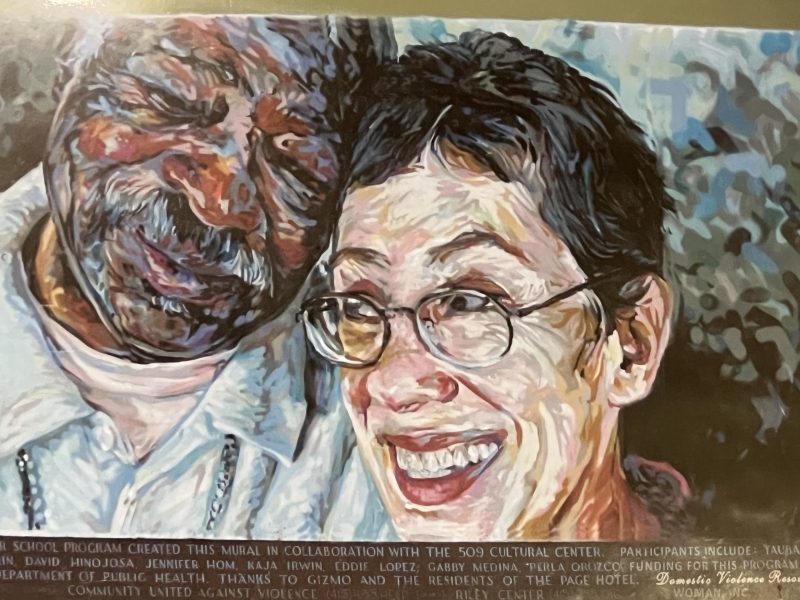
They ran a drug rehabilitation program and a halfway house in the Fillmore District and in 1977 took over the Cadillac Hotel, a faded, turn-of-the-century Tenderloin hotel now single-room occupancy housing that’s sheltering about 140 formerly homeless men and women. Still, Looper feels like she hasn’t done enough. “I can’t do it all. I should just do what I’m good at,” she said.
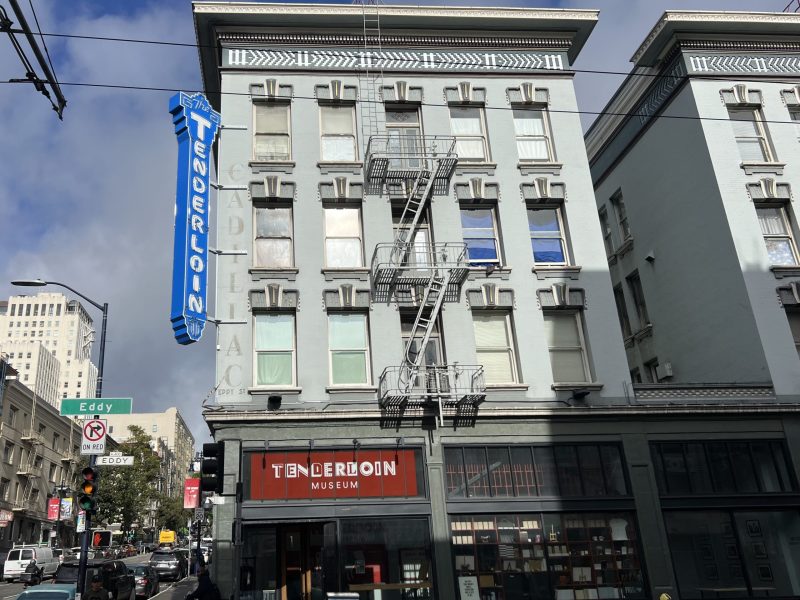
Her outlook on the homeless and the addicted is pragmatic and unsentimental. ‘People who have lived on the streets need to be socialized,” she said. “You can’t live on the streets for 10 years and suddenly change your habits.”
She’s not bullish on many of the drug rehabilitation programs she’s seen. “People get off drugs and then they get ill. It’s difficult medically and socially; not a sole problem,” she said. “One model doesn’t always work -– just like one size fits all doesn’t cut it with shoes.” Programs that are tailored to different types of users and their issues would be helpful, she added.
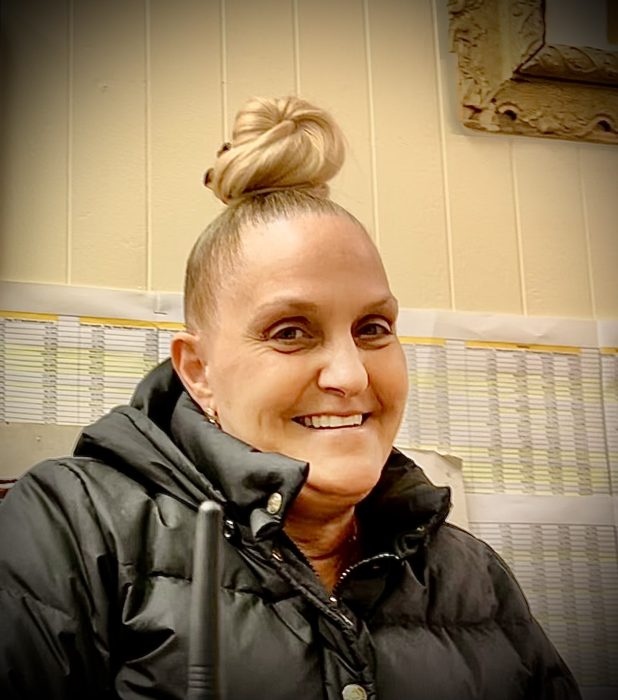
Cadillac staffers shoo the homeless from the sidewalk in front of the hotel and wash it down with bleach every morning, a stark contrast to the dirt and chaos around the corner on Leavenworth Street. Looper doesn’t hesitate to call the police when fights or other disruptive behavior erupts inside the hotel. “People get aggressive, harming themselves and others,” said Tami Byers, who handles many of the hotel’s managerial chores. “The cops are here every day.”
Working-class family
Looper, now 75, is short and sturdy. Her short dark hair is shot with silver and she punctuates her sentences with a ready laugh. She likes to wear fleece vests and slacks. A native San Franciscan, she lives in the Bayview and has four grown children, 10 grandchildren, and a great-grandchild.
She grew up in a working-class family; her father was a locomotive engineer for the Southern Pacific Railroad. He died when Looper was quite young, leaving her mother to support the family – Looper has one sister – by making phyllo dough and selling it to restaurants. Although the family wasn’t Catholic, they sent her to Mercy High School.
She enrolled at San Francisco State College (now University), but before she could graduate the campus was shut down by the massive student strike that began in 1968. Since she couldn’t attend class, she opted to earn credits at a halfway house in the Fillmore called Reality House West, run by her future husband.
Leroy Looper was a recovering addict who had spent a dozen years on the streets of New York and in prison. After nearly dying of an overdose, he got clean then got active in civil rights and community organizing. He began to counsel drug addicts – so successfully that he received a grant to a drug treatment center of his own, calling it Reality House. He moved to San Francisco in 1968.
But he had become disillusioned with drug rehabilitation programs: Treating someone and then discharging them “into the same poverty and neglect that contributed or even caused the addiction” seemed futile, he told a reporter. (The Loopers were the subject of a lengthy profile in The New Yorker in 1986. He died in 2011.)
Too busy for celebrations
Despite his reservations about drug rehab programs, Looper opened Reality House West in San Francisco. Kathy volunteered, scrubbing floors, cleaning bathrooms, and helping addicts through the torment of withdrawal. She’d been studying international relations at State, but after immersing herself in the work at Reality House West, “it seemed useless,” she said, and she dropped out.
Kathy and Leroy became a couple, marrying in 1971, “or was it in 1972?” she paused. “We never celebrated anniversaries. We were too busy; so much else to celebrate.”
Over the years, Leroy, and later with Kathy’s help, ran numerous programs, she said. “From drug detox on Fillmore and Ellis, right next to the Black Panther’s office, to a halfway house on Fell Street, to a youth center that was converted to a re-entry facility for federal prisoners.”
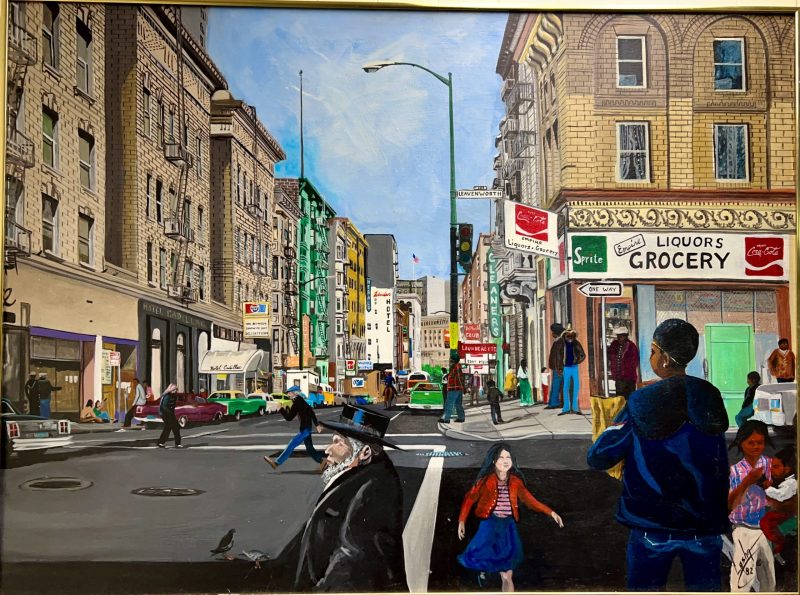
Despite their best efforts, their work on drug rehab was disappointing, Looper said. “We were miserable running our drug treatment/halfway house on Fell Street. We were dealing with addicts who needed more than we could provide.”
The Delancey Street Foundation and Walden House, an adult behavioral health and residential facility, began rehab services, but difficult addicts – unemployed, under-educated, and with a long-term history of addiction – came to programs run by the Loopers.
“Initially we felt that they (addicts) could use us as a revolving door. Getting their habits down to a manageable level was OK, but the funding source wanted success,” she said. “So, we were failures in their eyes – and our eyes – because we didn’t successfully rehab every person who was in the program
The Cadillac is funded by a combination of federal and city grants. Tenants are placed there by various city agencies and programs. A few have lived there for decades. Many are no trouble, but others, particularly those who have lived on the streets for years or are struggling with mental illness and addiction are problematic. Set up for the homeless, the Cadillac makes referrals but has no direct support services for such afflictions. Yet, people needing them are sent to the hotel anyway, Looer said.
‘Poorly served’
“There are many people who have been referred to our hotel who have a long history of violence or abuse,” Looper said. “People with mental health problems should not be dumped in SROs unless that particular hotel specializes in providing mental health services.”
She added, however, that “I’m not saying we only want stable, clean individuals. Far from it, but I feel sorry for the individuals that have serious needs other than housing because they are being poorly served.”
Running the Cadillac, now owned by a nonprofit she directs, takes up much of Looper’s time and energy. Not only are many of the tenants difficult, the five-story, 116-year-old building often needs expensive maintenance.
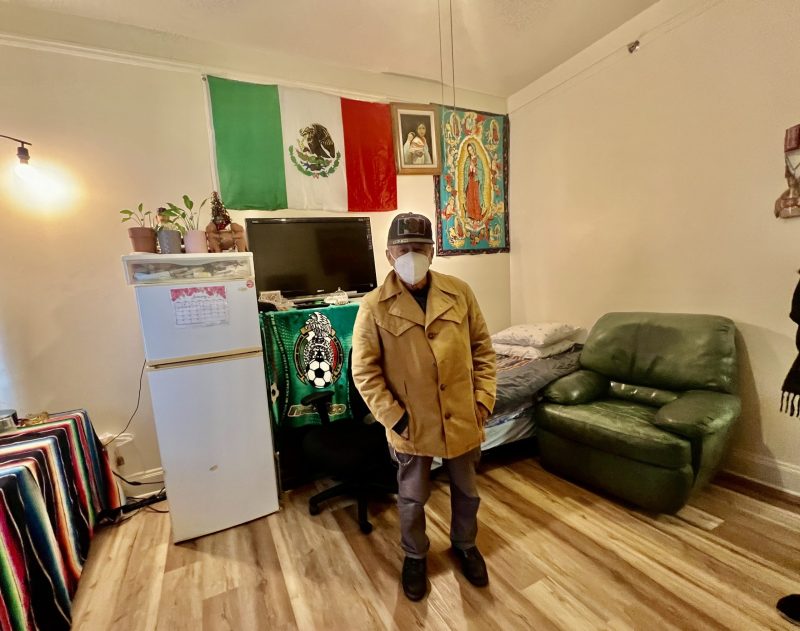
The hotel’s one elevator is out of service so often that last year the fire department reported it had to rescue tenants trapped in the elevator more often than in any other residential building in in the city’s supportive housing portfolio. According to Looper, repairs last year cost $150,000.
Even so, much of the hotel is in markedly better condition than a typical San Francisco SRO. Hallway floors and bathrooms are clean. When a room turns over, it is cleaned and any repairs necessary are made. New bedding, and if needed, new blinds are installed. Hallways floors are pergo, a more attractive vinyl-like alternative to linoleum.
‘Good vibes’
The expansive, two-story lobby houses a beautifully restored grand piano. Gilt mirrors, chandeliers, and oil paintings are a reminder of the hotel’s elegant past. Once a month, the lobby becomes the site of a free jazz concert, featuring professional musicians.
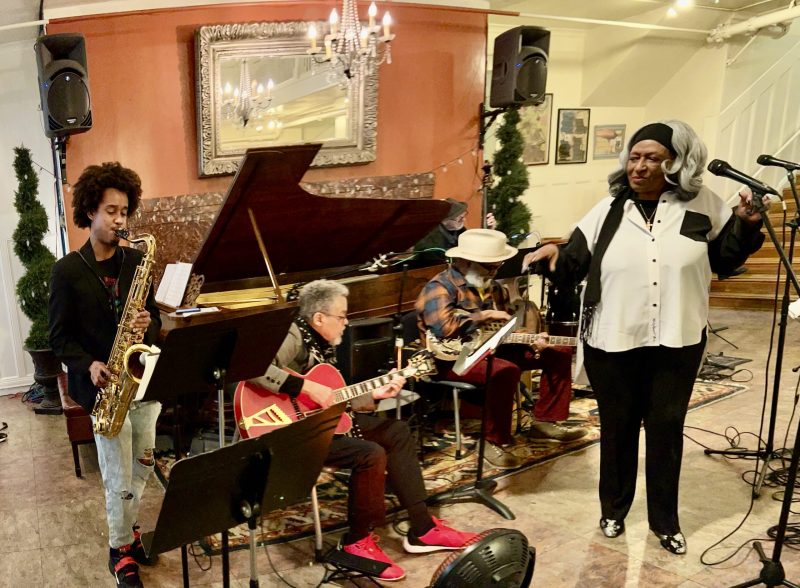
Despite the hard work and frustration of running the Cadillac, and the fact that she hasn’t had a vacation since 2016, Looper seems anything but overwhelmed. One of her sons joins her for “a date” once a week and they generally take in a movie. Looper used to be a football fan while but she still hasn’t forgiven the 49ers for moving to Santa Clara.
She expects to visit her daughter in Jamaica later this year. Her three sons all live in the Bay Area. One works for the Tenderloin Housing Clinic, another works for the North of Market Community Benefit District, and a third works for the Planning Department.
Like many seniors, she said, “Once I hit 70, I started to feel my age.” But her energy level is high and there’s no talk of retirement. “I get good vibes from my family and my work, which I love. It’s more like a vocation.”



